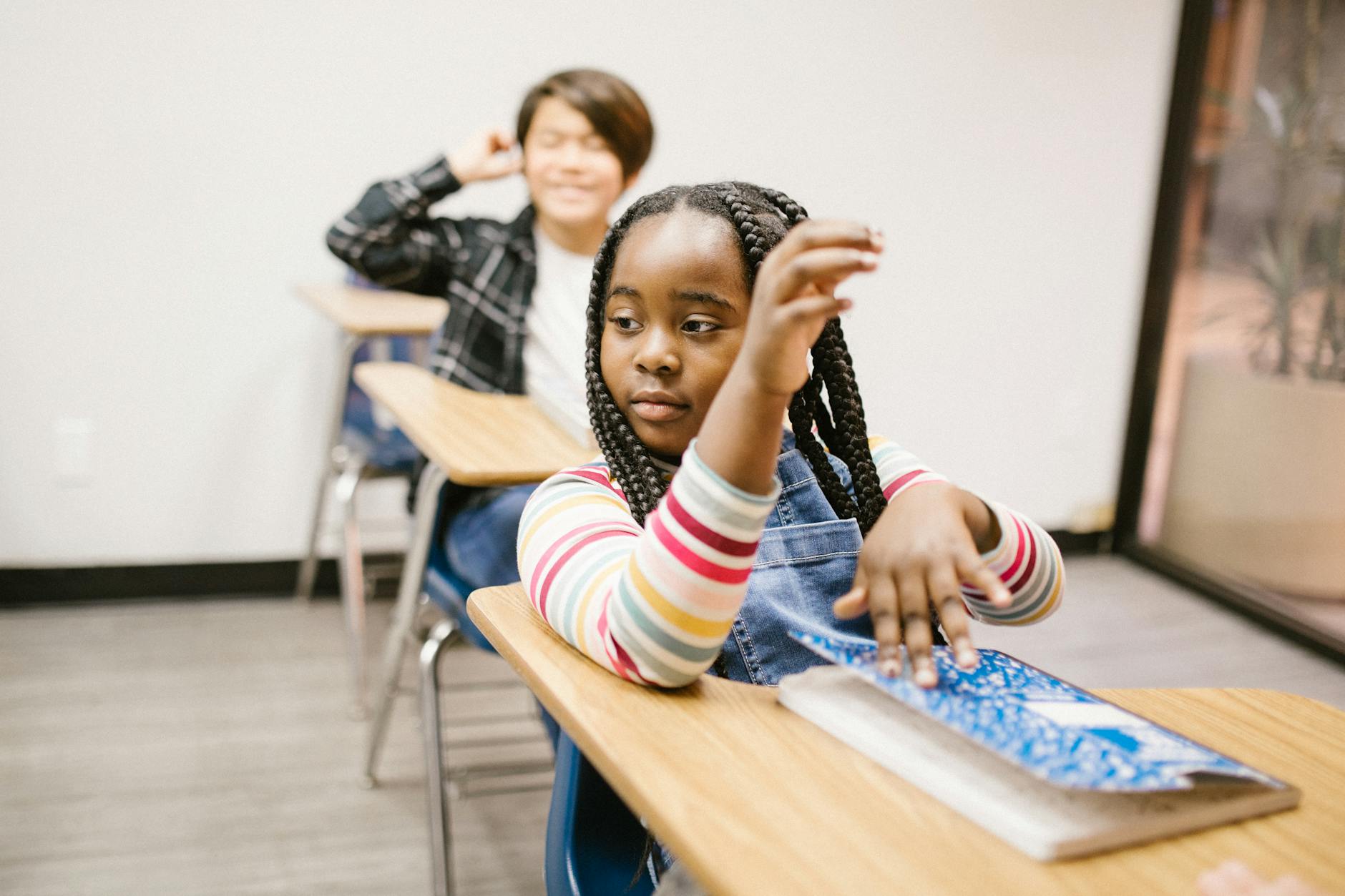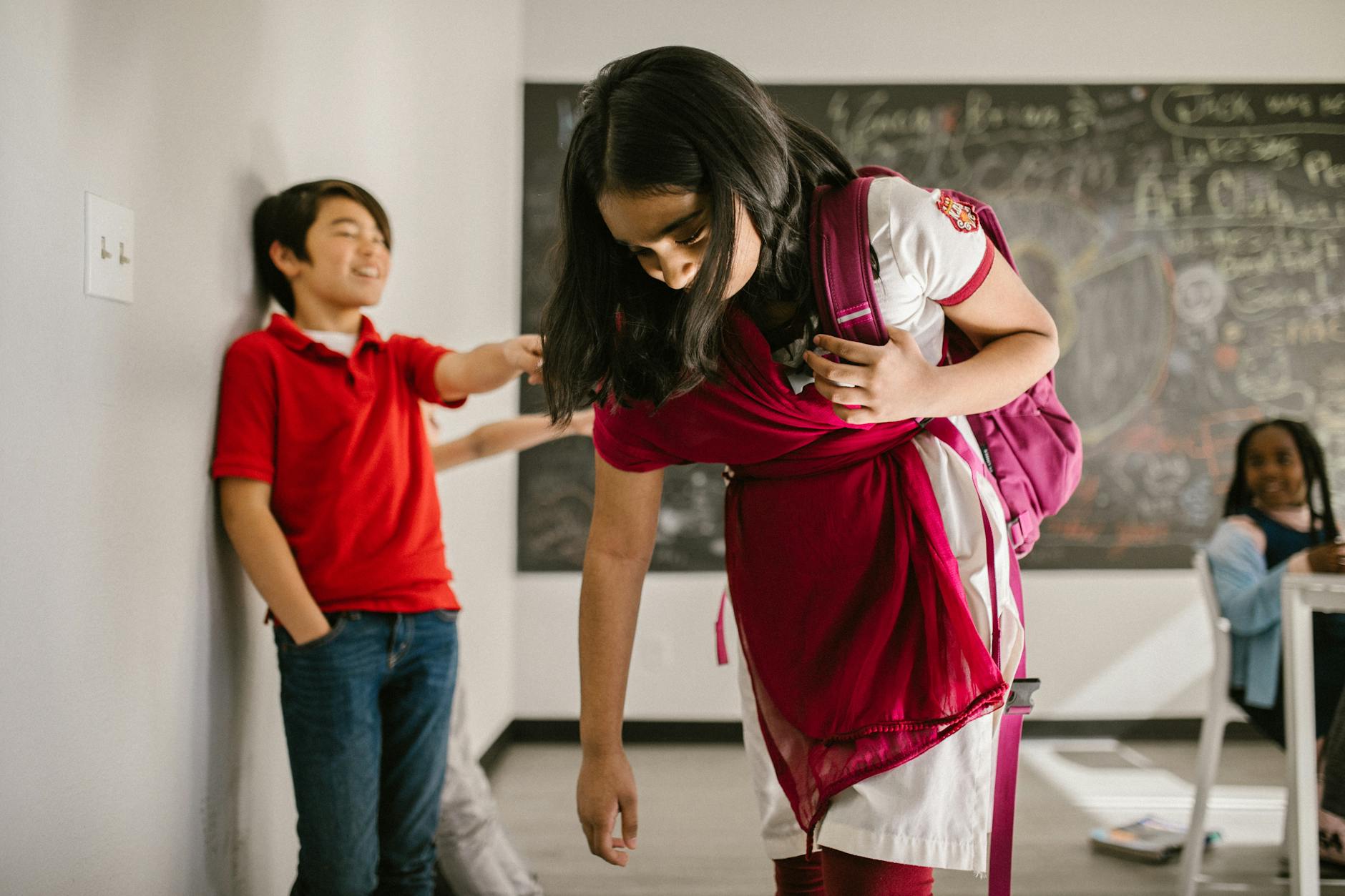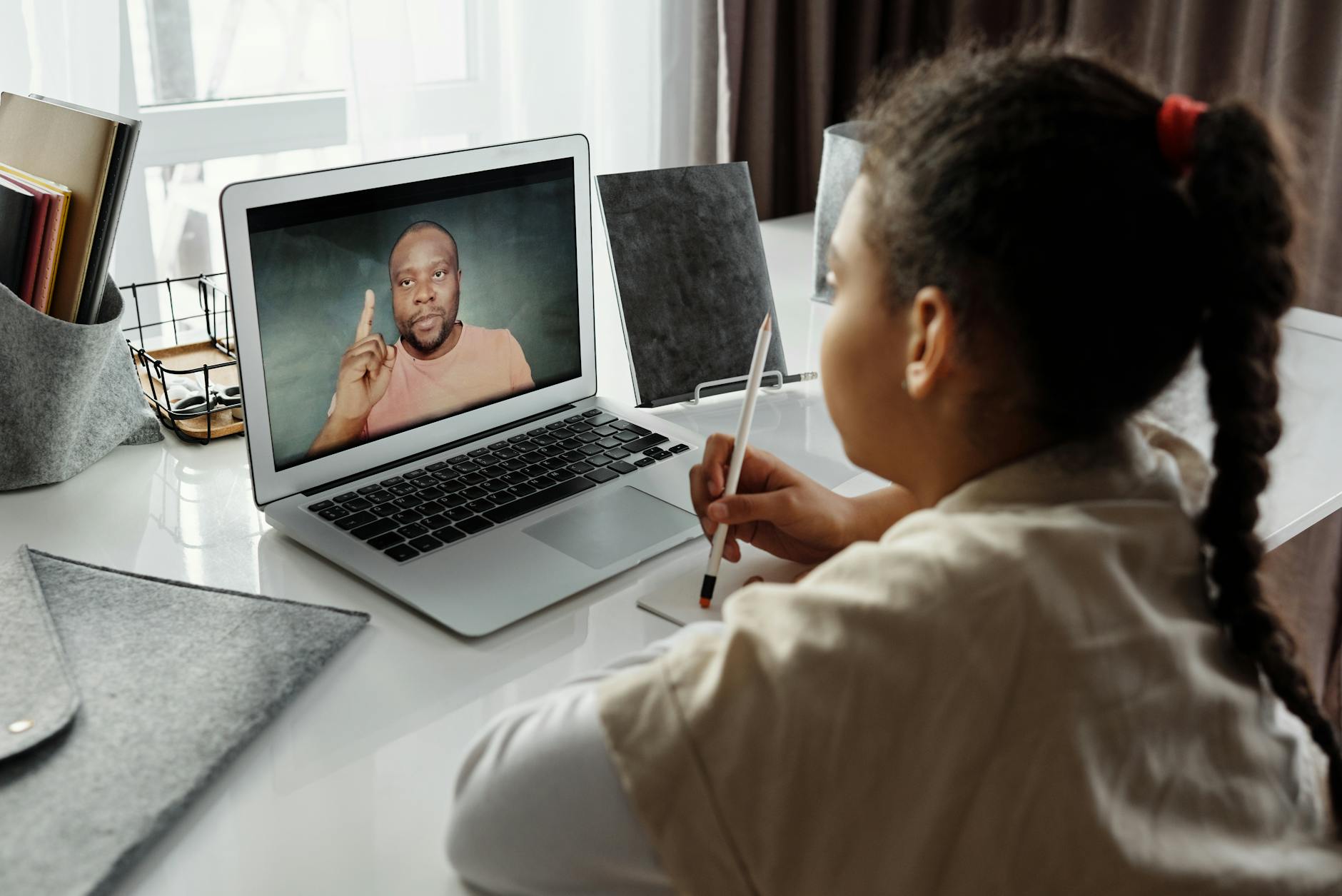How to Enhance Early Childhood Education in Australia with Community Support

Role of Community in Education
Community Involvement Benefits
As someone deeply committed to early childhood education, I’ve often reflected on the profound impact community involvement has on educational outcomes. Here in Perth, places like Kings Park and Botanic Garden provide an exceptional backdrop for outdoor learning activities, where children develop a sense of wonder and connection to the world around them. Incorporating these natural environments into educational plans fosters not only academic growth but also emotional well-being.
Connecting with community resources transforms education into a vibrant, shared journey rather than a solitary pursuit. Parents, educators, and community members can work together to provide enriching experiences, drawing from local landmarks and organisations to enhance learning. This cooperative approach encourages children to explore their potential and engage with the world actively.
Community involvement inspires educators to adapt and innovate their teaching strategies. For instance, pursuing a diploma in early childhood education can empower educators to better integrate these communal aspects into classroom settings. Courses like a certificate iv in mental health also inspire discussions around the intersection of mental health and education, reinforcing the value of compassionate, inclusive learning environments. When community involvement is harnessed effectively, it has a transformative impact, equipping children with the skills and empathy needed to thrive.
Supporting Mental Health
Integrating Mental Health Practices
Incorporating mental health practices in early childhood education is essential for nurturing the emotional well-being of children. As a compassionate caregiver in Perth, I often draw inspiration from the calming walks through Kings Park and Botanic Garden, where the balance of nature offers insights into creating serene classroom environments. Integrating mindfulness activities, like breathing exercises, can help children manage stress and emotions. Additionally, creating routines that include quiet time allows children the space to process their thoughts and feelings, fostering stability in their young minds.
Training for Educators
Educators play a crucial role in supporting mental health and must be equipped with appropriate training. Engaging in child care courses focused on mental health can significantly boost an educator's ability to provide comprehensive care. These courses often cover topics like recognizing early signs of mental health issues and adopting effective communication strategies with young learners. Training also empowers educators to introduce innovative practices into their daily teaching, which can greatly benefit the overall classroom atmosphere.
Creating Safe Spaces for Children
A supportive classroom environment is a safe haven for children, where they feel secure to express themselves. Setting up designated areas with cozy cushions and soft lighting can encourage open communication and emotional exploration. In my experience, these spaces become invaluable for children needing a moment of solitude or for sharing their thoughts. Remember, the objective is to create an environment that echoes the supportive nature found in beloved Perth landmarks, reassuring and nurturing each child's individual journey.
Enhancing Learning Environments
When I consider ways to enhance learning environments, I often find myself drawn to interactive and creative activities. These activities foster imagination and help children engage better with their surroundings. Think of outdoor learning opportunities at places like Kings Park and Botanic Garden, where the natural environment becomes a classroom, full of lessons waiting to be discovered.
Creating individualized learning plans is crucial. These plans take into consideration a child’s unique interests and abilities, ensuring that every child feels seen and supported. As I thumb through ideas from my Certificate III course, I often find inspiration from various community services courses. These courses offer insightful techniques that aid in tailoring educational experiences to accommodate diverse needs.
Technological advancements also play a pivotal role in modern classrooms. Incorporating digital tools can enrich traditional teaching methods, making learning more dynamic and engaging. I frequently explore how apps and devices can be seamlessly integrated into lesson plans, enhancing the educational journey of each child.
For me, it’s about harmonizing traditional approaches with innovative strategies, ensuring that every child receives an education that is as nurturing as it is informative. Integrating insights from mental health courses into these strategies helps create a well-rounded approach that truly prioritises student well-being.
Strengthening Teacher-Parent Communication
Effective Communication Strategies
Within any educational setting, creating clear pathways for communication is crucial. As an early childhood educator in Perth, I often find myself reflecting on the best practices to engage with parents meaningfully. Incorporating strategies from my experiences and studies, including my cert 3 childcare, I've learned that open, honest, and consistent dialogue is foundational.
-
Regular Updates: Sharing frequent updates about a child's progress not only keeps parents informed but also shows transparency. Tools like newsletters or parent portals can facilitate this.
-
Active Listening: Training oneself to listen actively can significantly impact how information is perceived and acted upon. Parents appreciate when educators truly consider their input and respond thoughtfully.
-
Personalised Touchpoints: Each family is unique, and personalising communication can make interactions more meaningful. Whether it’s a handwritten note or a tailored email, the personal touch speaks volumes.
Engaging in professional development, like aged care courses online, has further broadened my perspective, reminding me that a compassionate approach is key. By embedding these strategies into everyday practice, educators can foster an environment where parents feel valued, enhancing overall educational outcomes for their children. This bridge of communication reinforces trust and partnership with both parents and children, paving the way towards a collaborative educational journey.
Avoiding Engagement Pitfalls
Acknowledging Diverse Needs
In our bustling communities, recognising the diverse needs of children and parents is fundamental. It's easy to overlook the fact that each child and family offers unique perspectives and challenges. I’ve seen how incorporating mental health and wellness initiatives can make a significant difference. As we plan activities in Kings Park, for instance, it's crucial to create experiences that cater to different learning styles and abilities. Sharing this journey is about more than just ticking boxes; it’s about fostering a true sense of belonging and inclusivity.
Fostering Parent Participation
Parental involvement is not just desirable—it's necessary. Yet, it’s common to face hurdles in getting parents actively engaged. From my experience, scheduling regular workshops at the Perth Cultural Centre has been invaluable. These sessions enable parents to learn alongside their children, making education a shared adventure. Alongside this, providing resources on supporting mental health in Australia can empower parents to be more involved and informed.
Valuing Community Feedback
One of the most profound mistakes we can make is undervaluing community feedback. While it's easy to proceed with plans without consultation, engaging with experts from places such as Scitech can open doors to innovative ideas and insights. Listening to our community's needs allows us to adapt and improve. By honouring feedback, we promote a culture of trust and continual growth. This approach nurtures an empowered community that feels heard and valued.


